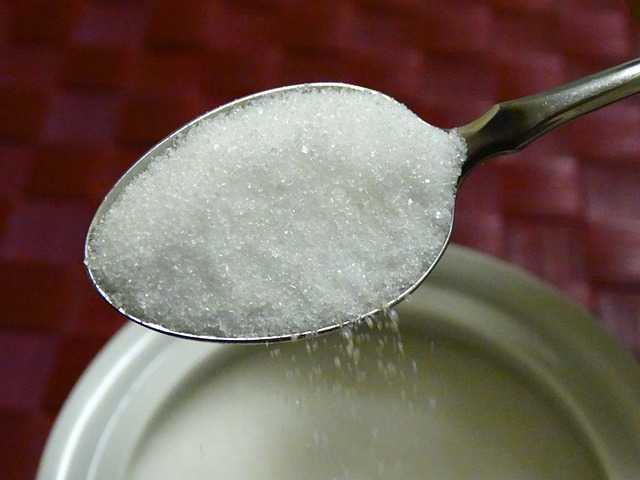Are Sugar Alcohols Safe?

Sugar alcohols are widely used in food products as an alternative, low-calorie sweetener. They come in a number of varieties, including sorbitol, erythritol, maltitol, mannitol and xylitol. Chemically, they are not the same as ethanol or alcohol, they just contain the “alcohol chemical functional group” as part of their structure. Chemically, the structure of an alcohol contains a carbon atom bonded to an oxygen and hydrogen (see image).
While sugar alcohols are encountered in natural foods in small amounts, they are used in much higher concentrations in packaged low-carb and diet food products, dramatically increasing exposure to people that consume them. And unlike other low-calorie sweeteners, sugar alcohols do not have a bitter aftertaste, making them a more palatable alternative to stevia and some artificial sweeteners.
Initial Evidence: Erythritol and Heart Disease
Recently, however, research has been raising questions about the safety of sugar alcohols.
A study from 2023 first started to raise concerns (Witkowski 2023). In the study, people with higher blood levels of erythritol had double the risk for major heart problems over the following three years. The researchers also identified a possible reason: sugar alcohols appeared to increase clotting in mice, a risk factor for heart attack and stroke.
While the evidence wasn’t enough to sound full-on alarms over sugar alcohols, it raised obvious potential concerns.
Additional Research Findings

Since the initial study, additional reviews of the research have been conducted to try and establish the relationship between heart disease and sugar alcohol consumption. An article, exploring other published research on erythritol and heart disease urged caution in jumping to conclusions. While the initial study’s findings found a correlation between blood levels of erythritol and heart disease, it didn’t show specifically that erythritol was the cause of major heart events like heart attacks.
There is another possibility.
Elevated blood levels of erythritol may be due to biochemical problems in sugar metabolism found in heart disease patients. While correlated to the condition, the elevated levels of erythritol may not be contributing to it (Mazi 2023).
Further, there are patients with genetic abnormalities that produce excessive erythritol. Interestingly, these individuals do not appear to have a higher risk for heart disease and do not appear to have excessive clotting (Mazi 2023). Some of them have problems even forming blood clots, the opposite of what you might expect from the previous data linking sugar alcohols to heart disease.
A Further Analysis: Xylitol and Heart Disease
The same research group that raised the concerns over erythritol released a second study in 2024. In the new study, similar associations with xylitol and heart disease were identified (Witkowski 2024). However, the study does appear to go one step further than the previous study and tested measures of blood clotting after test subjects consumed a large dose of xylitol. They found increased platelet activity, a cause of increased clotting, in these subjects.
The study isn’t the last word on the matter, but deserves more follow up to better understand the findings.
However, while not perfect evidence of safety, a study in humans using either erythritol or xylitol for five weeks found no changes in blood vessel health (Bordier 2023). While encouraging, it’s possible that a longer time frame is necessary for sugar alcohols to start to have a negative effect on blood vessel health due to increased clotting activity.
A separate study in patients with diabetes gave them erythritol for four weeks in large, 36-gram doses per day (Flint 2014). The patients had improved blood vessel health and reduced blood vessel stiffness, suggesting potential benefits with erythritol consumption. Again, the opposite of what you might expect if erythritol was bad for the heart.
Conclusion
The studies that appear to show that sugar alcohols increase blood clotting and contribute to heart disease have all come from one research group and do not specifically show that sugar alcohols cause heart disease. While their data does raise some concerns, there is a fair amount of data that suggests the opposite of their conclusions.
Based on the current evidence, I have stopped recommending sugar alcohols as a primary, daily sugar replacement. I wouldn’t be afraid to consume sugar alcohols on occasion, but I would still like to see more human safety data to fully confirm that sugar alcohols do not contribute to heart disease. I think it’s likely that this will be the case, but more data from additional research groups is needed to know for sure and fully confirm safety.



